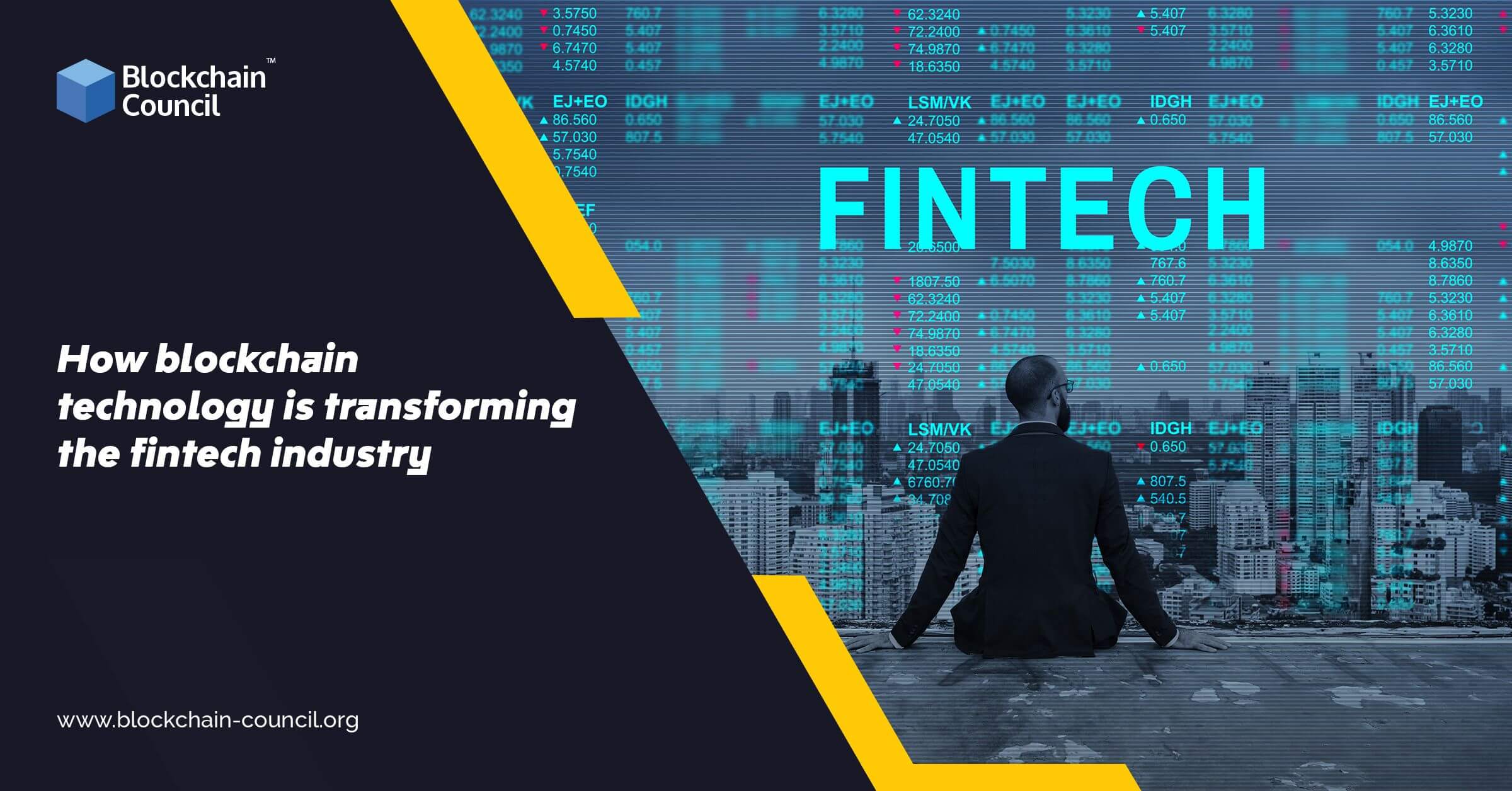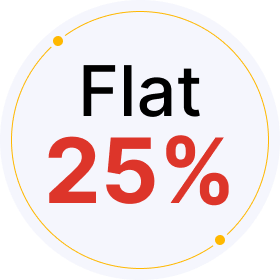
- Blockchain Council
- October 28, 2024
In recent times, smart contracts have gained popularity for many uses. This is mainly because they enable transactions to proceed without relying on middlemen.
What Are Smart Contracts?
A smart contract is an automated agreement that enforces conditions as soon as certain predefined requirements are met. These contracts are created using Blockchain, which adds extra layers of security, clarity, and automation to handling various deals. For instance, when the conditions of a contract, such as receiving payment, are fulfilled, the contract will carry out the agreed action, like transferring ownership or sending funds.
Now, let’s take a closer look at some of the top examples of smart contracts.
Decentralized Finance (DeFi)
DeFi, short for Decentralized Finance, is one of the most well-known ways smart contracts are applied. Platforms within the DeFi space apply these contracts to offer financial services, skipping traditional banks or other middlemen. Well-known platforms, including AAVE and Compound, allow users to lend, borrow, and earn returns on cryptocurrency assets.
For instance, when a user lends their cryptocurrency on AAVE, the smart contract handles the loan’s terms, covering aspects like interest rates and repayments. If the repayment conditions are satisfied, the contract automatically processes the transactions. This system reduces human error risks and enables access to financial services worldwide without needing a central authority.
Non-Fungible Tokens (NFTs)
Another common application for smart contracts is non-fungible tokens (NFTs). Each NFT is a unique digital item, often linked to art, music, or other collectibles. Smart contracts manage the control and exchange of these digital items. For example, the platform OpenSea relies on smart contracts to verify and transfer NFT ownership.
Additionally, some NFTs include features like royalties embedded into their contracts, ensuring that original creators receive a portion of future sales. By integrating smart contracts, NFTs have opened up new revenue options for artists, giving them more authority over their work.
Supply Chain Management
In supply chain management, smart contracts are helping improve efficiency and make processes more transparent. Major corporations, such as Walmart, use these contracts to monitor goods from their source to their final destination. In traditional supply chains, many parties are involved, which often causes delays, lost items, or a lack of transparency.
With smart contracts, every part of the supply chain—from production to delivery—is tracked on a Blockchain. This enables real-time tracking for both companies and their customers. For example, Maersk has adopted smart contracts to release payments automatically when certain delivery conditions are met, simplifying global shipments.
Real Estate
Real estate deals can often be complicated, involving long negotiations, paperwork, and intermediaries. Smart contracts simplify these processes by automating many tasks. For example, a buyer and seller can use a smart contract to automatically transfer property ownership once the payment is confirmed.
Furthermore, property ownership can be split into tokens, allowing for fractional ownership through platforms like Propy. This system lets multiple people invest in smaller portions of real estate, making real estate more accessible to a broader audience.
Decentralized Identity
Decentralized identity systems, which are powered by smart contracts, are changing the way personal data is managed. Rather than depending on centralized entities for identity verification (such as banks or government bodies), smart contracts let individuals control and verify their identities through the Blockchain.
Platforms like uPort and Civic are at the forefront of this movement, allowing users to securely manage and share their credentials. This can be especially useful for authentication processes in many services, helping to minimize identity theft risks and improve privacy.
Gaming
The gaming world is also increasingly integrating smart contracts, particularly for managing in-game assets and enabling “play-to-earn” models. Blockchain-based games like Axie Infinity use smart contracts to manage the ownership of characters, items, and in-game currencies.
Players can earn cryptocurrency by completing specific in-game tasks, and smart contracts take care of the transactions between players. The rising use of NFTs in games also enables users to trade, buy, and sell unique digital items that hold real-world value, all through the use of smart contracts.
Insurance
Insurance is another sector seeing the benefits of smart contracts. For instance, Arbol, an insurance platform focused on weather-based policies, uses smart contracts to automatically trigger payments based on real-time weather events. If specific conditions, like a storm damaging crops, are met, the smart contract executes the payout automatically, ensuring the farmer receives their insurance money without needing to manually file a claim. This automated system leads to faster payments and reduces unnecessary bureaucracy.
Healthcare
Smart contracts are also making a difference in healthcare by allowing the safe sharing of patient data. Platforms like EncrypGen enable researchers to access genomic data through smart contracts while ensuring patients maintain control over their sensitive information. This is particularly helpful during clinical trials, where participants’ data can be shared securely. Additionally, payments to trial participants can be automated through smart contracts, simplifying the process for both the researchers and the participants.
Conclusion
Smart contracts are significantly impacting a range of industries, from finance and gaming to healthcare. Their ability to carry out transactions without relying on intermediaries makes them efficient and secure. Whether it’s decentralized finance, digital assets, or supply chain management, smart contracts are creating more transparent and streamlined processes. As Blockchain technology continues to progress, the use of smart contracts will likely expand, providing more opportunities in different sectors.


































































 Guides
Guides News
News Blockchain
Blockchain Cryptocurrency
& Digital Assets
Cryptocurrency
& Digital Assets Web3
Web3 Metaverse & NFTs
Metaverse & NFTs
